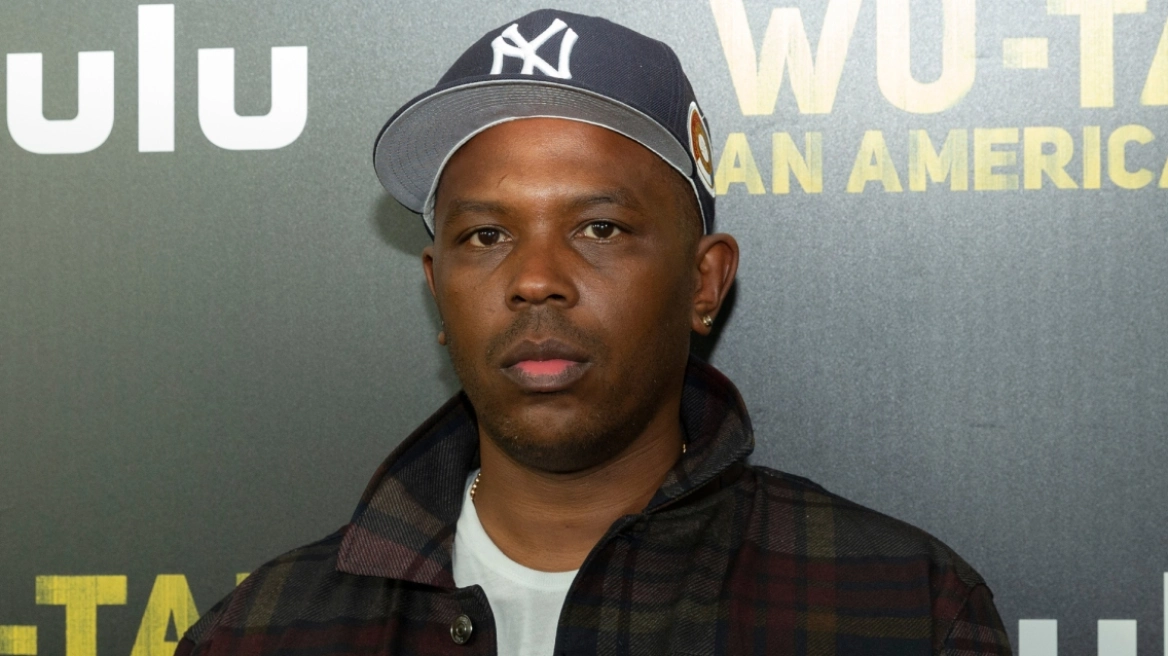If there is a pendulum that regulates world affairs, it is important to know which way it may be swinging in the year that is about to start.
Seen from one angle, the pendulum looks like swinging towards uncertainty. In 2024, many countries with major roles in international affairs are facing dicey elections.
The United States looks set for what could be the most difficult election season in its history. Will President Joe Biden, with his physical and mental fitness questioned by some, be able to run the final mile to his party’s nomination? Or will his Democrat Party be forced to rally around Kamala Harris at the last moment and out of desperation?
The Republicans face an even less predictable prospect.
Although Donald Trump continues to cast a large shadow on the whole process, a shadow is just a shadow after all. The alternative savior, Ron DeSantis, seems to be fading away, while Nikki Haley, a dark horse just a few weeks ago, is beginning to emerge as a serious pretender.
Even then, and regardless of who would win the keys to the White House next November, the United States will be on pilot mode for much of 2024 and thus, unable to take the tough decisions that only a well-settled administration could take.
East vs. West: The untold story of Christianity’s Great Schism
The United Kingdom is also facing what is seen as the most difficult general elections it has experienced at least since the Suez Crisis of 1956. The Conservative Party seems to be in letdown mode, while the Labour Party appears unable to seize the opportunity to make a big comeback. The prospect of a hung parliament, with Labour forced to depend on the Scottish National Party (SNP) to form a government, signals a period of uncertainty as far as strategic decisions are concerned.
In the European Union, the Netherlands is already without a stable government and is likely to remain so for months, while coalition-building goes on. In Germany, the EU’s big beast in economic terms, the shaky coalition led by Chancellor Olaf Scholz could unravel at any moment, while the right-wing Alternative for Germany waits to emerge as the arbiter of a divided political scene.
Continue here: Gatestone Institute
Ask me anything
Explore related questions





